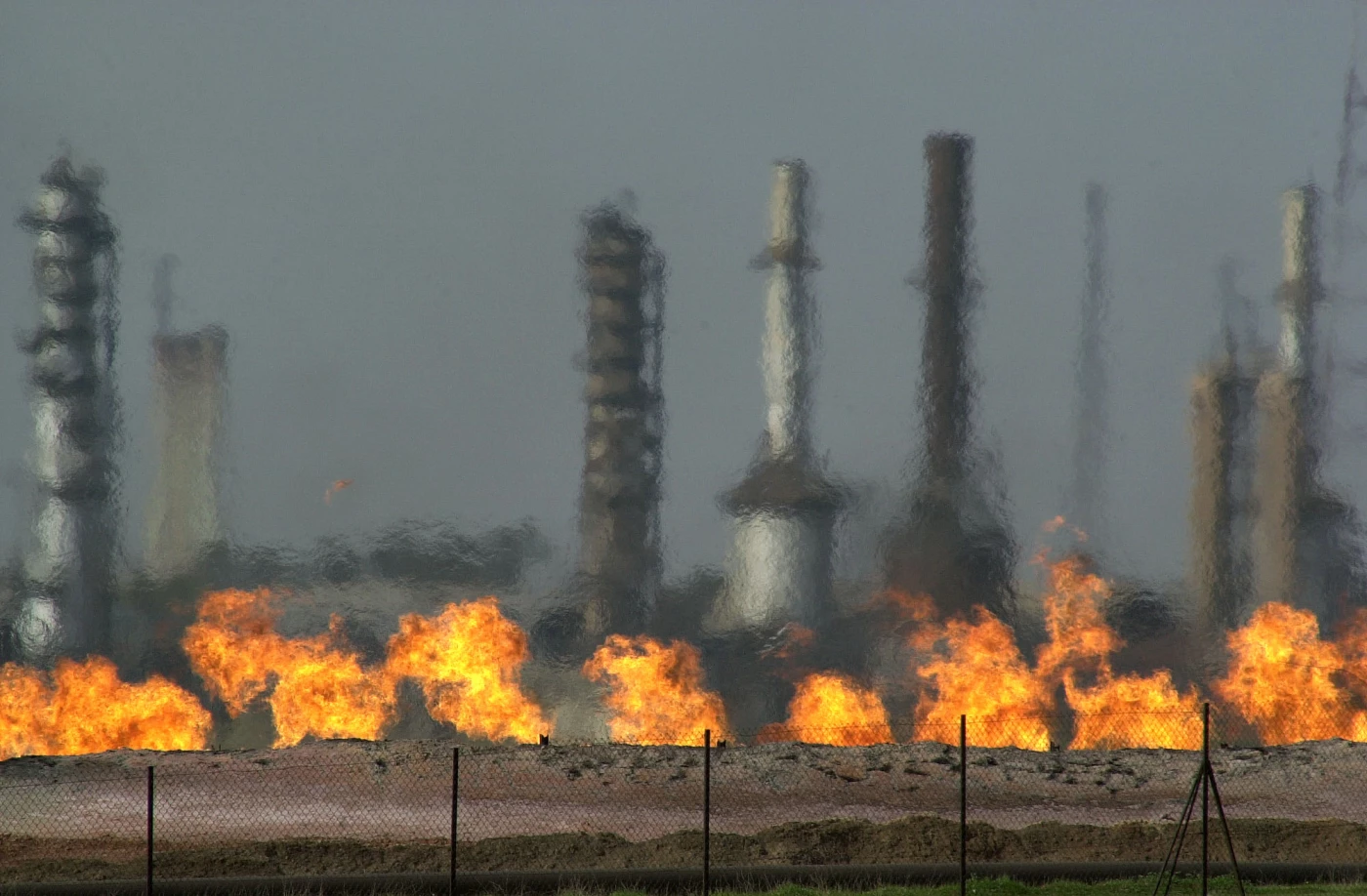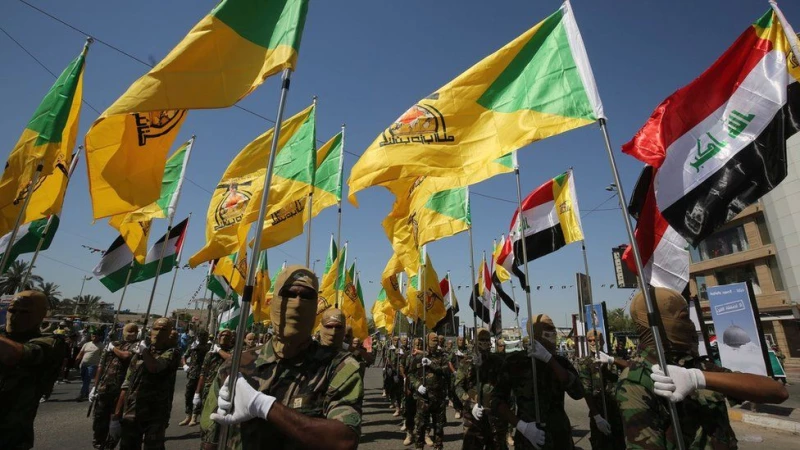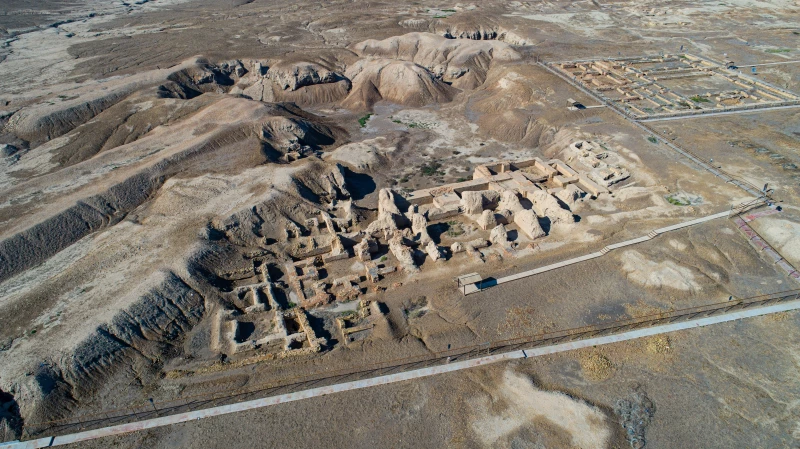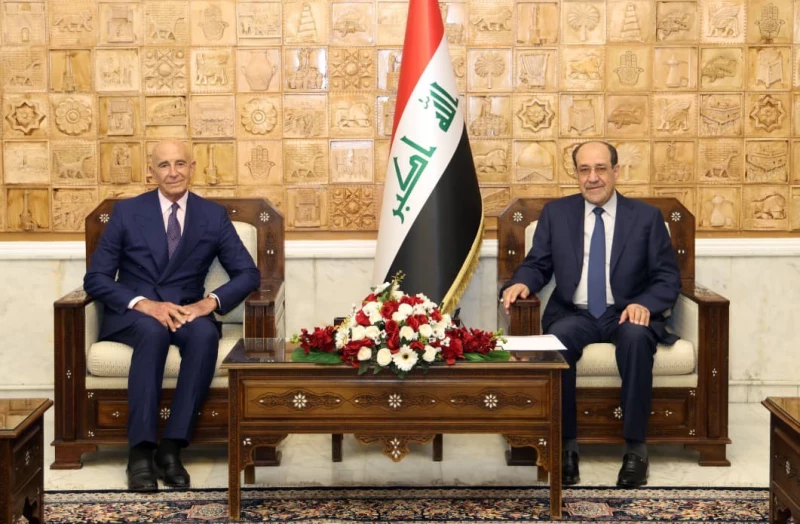ERBIL, Kurdistan Region of Iraq – The Iraqi Ministry of Oil on Tuesday announced its “rejection” of the Kurdistan Regional Government’s (KRG) Ministry of Resources’ multi-billion-dollar contract with US firms to develop two Sulaimani oil and gas fields.
A delegation led by Kurdistan Region Prime Minister Masrour Barzani on Friday left for Washington on an official visit to meet with US firms and officials and discuss the energy sector. The premier oversaw on Monday the signing of multiple agreements in the sector of energy with HKN Energy, ONEX Group, and WesternZagros with a combined worth of “tens of billions of US dollars,” according to a statement by the Kurdistan Regional Government (KRG).
“The Federal Ministry of Oil would like to clarify its rejection of the procedures related to the Ministry of Natural Resources' contracting in the Miran and Topkhane-Kurdamir fields in Sulaimani province,” read a Tuesday statement by the Iraqi oil ministry.
“These procedures violate the decisions issued by the Federal Court of Cassation, which ruled that contracts concluded after the Federal Supreme Court's decision…were illegitimate,” the oil ministry statement added.
HKN Energy and ONEX Group said they have signed an agreement for the development of the Miran Gas Field, located in the western part of the Kurdistan Region, adding that the deal has “the possibility to generate over $40 billion in long-term value.” WesternZagros, on the other hand, announced the successful acquisition of the Topkhana-Kurdamir block, located in the Garmiyan Administration.
The Iraqi national power grid suffers from a severe lack of gas supply, only alleviated by Iranian gas imports that account for between 30 and 40 percent of Iraq’s energy needs. This safety net, however, is growing more and more fragile as tensions build between the US and Iran and Iraq is forced to strike a diplomatic balance with its relations with the two countries. According to the Kurdistan Region’s Electricity Minister Kamal Mohammed, the Region’s gas fields also contribute to easing the electricity shortages that Baghdad struggles with.
“As to whether we have consulted the federal government or not, no. But this reserve of gas and oil, especially in the case of gas, is also in the interest of Iraq. Because the Khormor and Khurmal fields, which produce 650 million cubic feet [of gas], export over 1000 megawatts of electricity to the networks outside of the Kurdistan Region, that is Iraq,” said Mohammed.
The signings tie in with the Kurdistan Region’s recent attempts at reforming the energy sector. Prime Minister Barzani in October 2024 announced the “Runaki Project,” the KRG's program to provide 24-hour power to residential neighborhoods, a plan that aims to eliminate the electricity issues that the Region has struggled with for decades.
The Iraqi oil ministry’s statement went on to add that “despite Iraq's need to maximize gas investment and meet domestic demand to operate its power plants, the measures taken by the KRG constitute a clear violation of Iraqi law,” arguing that “oil resources belong to all Iraqis, and any investment in these resources must be undertaken through the federal government.”



 Facebook
Facebook
 LinkedIn
LinkedIn
 Telegram
Telegram
 X
X


